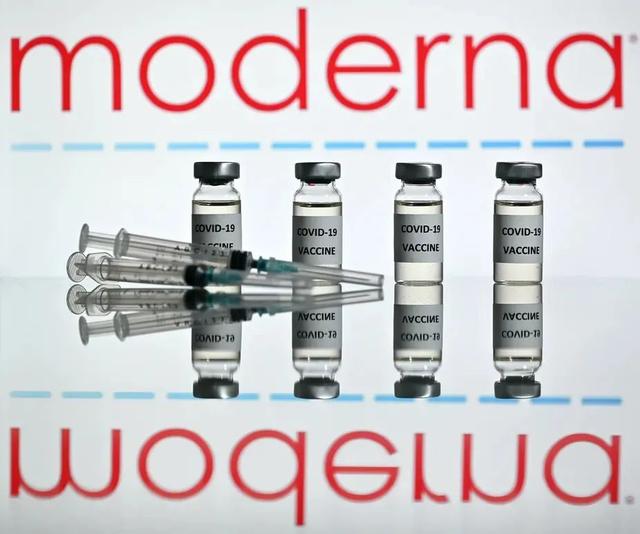LA January 22 According to a report released by the Centers for Disease Control and Prevention on the 22nd, as of January 10, a total of 4041,396 people in the United States had been vaccinated against the first dose of the novel coronavirus vaccine developed by Moderna Company of the United States, and a total of 1,266 adverse reactions had been reported.
(The adverse reaction rate is about 0.03%), including 10 allergic reactions.
The U.S. Food and Drug Administration approved the emergency use authorization application for the Moderna coronavirus vaccine on December 18 last year.
This is the second coronavirus vaccine approved for emergency use in the United States after the joint development of Pfizer Pharmaceutical Co., Ltd.
and German biotechnology company. It is allowed to be used for people aged 18 and above, with a total of two doses of vaccinations at intervals of one month.
According to the U.S. Centers for Disease Control and Prevention, allergic reactions are serious adverse reactions that are life-threatening, usually occurring within minutes to hours after vaccination, and the probability of occurrence is relatively small.
Of the 1,266 adverse reaction incidents reported after Moderna vaccination as of January 10, 10 were confirmed to be allergic reactions, of which 9 occurred within 15 minutes after vaccination and 1 occurred 45 minutes after vaccination; 108 were likely to be serious adverse reactions, including allergic reactions, requiring Further verification is required.
No allergic reaction-related deaths have been reported.
Previously, the Centers for Disease Control and Prevention reported that as of December 23, 2020, a total of 1,893,360 people in the United States had been vaccinated against the first dose of Pfizer, and a total of 4,393 adverse reactions were reported, including 21 allergic reactions.
The Centers for Disease Control and Prevention reported that COVID-19 vaccination sites need to strictly follow the relevant requirements of the U.S.
Centers for Disease Control and Prevention for COVID-19 vaccination, including screening for vaccination contraindications, making the necessary preparations for allergic reactions, and observing the situation of vaccinators after vaccination.
According to the vaccine data on the website of the Centers for Disease Control and Prevention, as of January 22, more than 39.89 million doses of COVID-19 vaccine have been distributed throughout the United States, and more than 19.1 million doses have been vaccinated.



